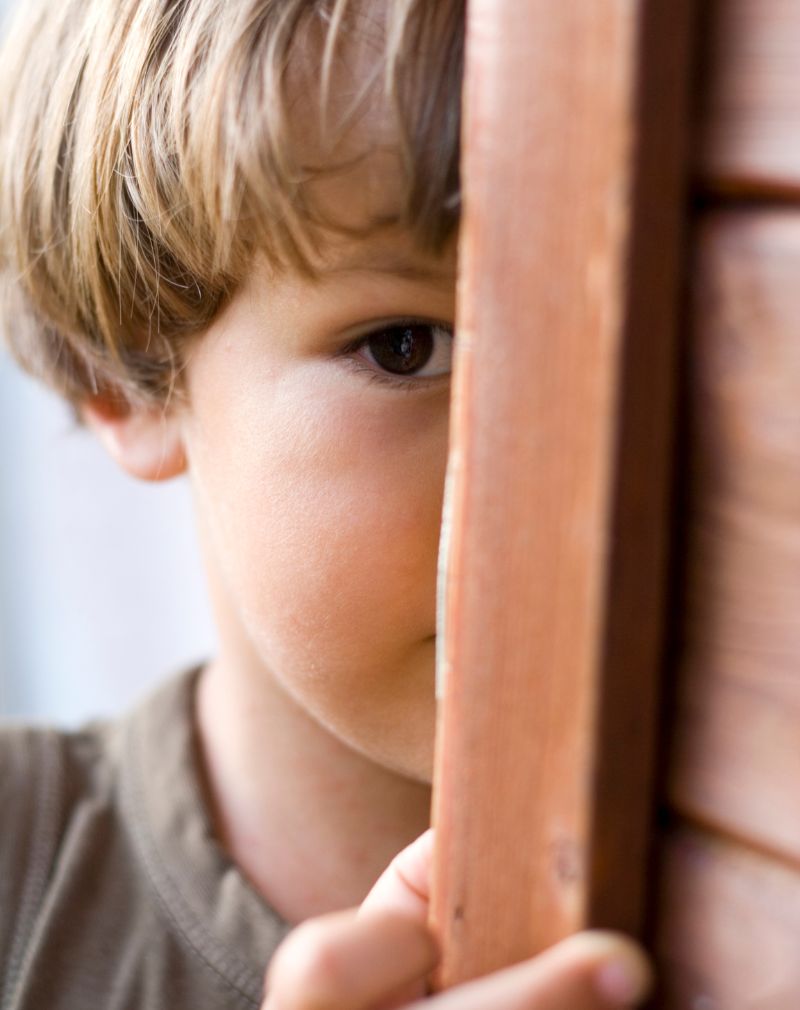When your child gives up after the first try, what do you say?
Most parents rush to help. Some offer comfort, others step in to fix it. It comes from love but sometimes, it teaches the wrong lesson.
Children today are struggling more than we realize. Studies show that more than half of parents see their children freeze or panic when faced with small challenges. A missed goal. A tough math problem. A friend who stops talking to them.
Resilience isn’t about toughness. It’s about the quiet strength to try again when things fall apart. And the truth is, many kids aren’t learning that strength at home or in school. They’re learning to avoid struggle instead of facing it.
At The American Wellness Center in Dubai Healthcare City, our Child Psychology Department help families change that pattern. We teach parents how to raise children who don’t crumble at the first sign of failure, but grow from it instead.
What Perseverance Really Means for Children
Perseverance isn’t about pretending nothing hurts. It’s not about keeping a straight face when something feels hard.
It’s the quiet ability to stay with the challenge a little longer. To fall, feel the sting, and still try again.
Children who build this kind of strength don’t grow fearless; they grow steady. They learn that discomfort doesn’t mean defeat.
And that simple lesson changes everything. It shapes how they approach school, friendships, and even themselves.
- A resilient child doesn’t crumble during exams; they adapt and try again.
- When friends argue or exclude them, they recover faster and move forward.
- Their confidence stops depending on being perfect, it comes from showing up.
Think of a child learning to tie their shoes. They fail again and again, sometimes in tears, sometimes with laughter. But one day, their fingers remember. That moment of success didn’t come from talent. It came from perseverance.
The Science Behind Resilience
The brain is built to grow through challenge. Every time a child struggles and keeps going, their brain changes, literally.
This ability to rewire is called neuroplasticity. It’s what allows a child to form new pathways for patience, focus, and problem-solving.
Modern psychology shows that when children learn self-regulation early; how to pause, breathe, and think before reacting, their risk of future anxiety drops dramatically. They’re teaching their brains calmness, one moment at a time.
Supportive parenting strengthens this growth. Not the kind that shields a child from every fall, but the kind that stands nearby saying, “I know this is hard. Try again.”
That’s when the prefrontal cortex; the part of the brain that handles decisions and stress starts learning confidence.
- Resilience isn’t born; it’s trained.
- Every small failure that ends in a new attempt builds mental muscle.
- Protection feels kind in the moment but can quietly weaken coping skills later.
Children don’t need perfect lives. They need safe spaces to fail, feel, and recover.
How Parents Can Teach Perseverance Every Day
The best lessons don’t come from lectures. They come from what children see every day, especially how you handle your own frustrations.
If you stay calm when plans fall apart, your child learns that disappointment isn’t the end. It’s part of the process.
Start small:
- Model healthy coping. Let your child see you breathe through stress, not explode under it.
- Praise effort, not results. “You worked hard” builds confidence; “You’re the best” builds pressure.
- Share your stories. Talk about your own mistakes and what you learned from them. Kids believe what they see, not just what they’re told.
- Create safe struggles. Let them solve small problems on their own—packing a school bag, organizing homework, fixing a broken toy.
These small moments train the brain to tolerate frustration instead of fearing it.
Resilience doesn’t grow in comfort. It grows in the space between trying and giving up and in the gentle voice that says, “You can try again.”
When Setbacks Feel Too Big
Sometimes resilience doesn’t come easily.
A child may melt down over small frustrations, avoid anything new, or withdraw completely. These aren’t signs of weakness. They’re signals that something deeper needs attention.
Children who appear “overreactive” are often overwhelmed inside. Their nervous systems are still learning how to manage strong emotions. When support feels uncertain or pressure feels constant, they start to shut down.
And that’s where love can accidentally hurt.
When parents push too hard for perfection; perfect grades, perfect manners, perfect calm, it often backfires. The child stops trying, not because they don’t care, but because failure has become terrifying.
- A child who hears “be careful” too often starts believing they can’t handle mistakes.
- Constant correction sounds like love to a parent, but to a child, it feels like rejection.
- Homes where criticism outweighs comfort quietly teach shame instead of growth.
Research shows that children raised in highly critical environments are about twice as likely to link failure with personal inadequacy. That belief follows them into adulthood, shaping how they handle rejection, relationships, and risk.
If emotional reactions like anxiety, anger, or withdrawal start to affect a child’s daily life, it’s time to reach out for help. Not because something is “wrong,” but because emotional growth sometimes needs guidance.
The Role of Therapy in Building Emotional Strength
Therapy isn’t just for crises. It’s for understanding how a child feels, reacts, and learns to recover from challenges.
At The American Wellness Center in Dubai Healthcare City, our Child Psychology Department helps children rebuild emotional stability with care that feels natural, not clinical. We focus on strengthening both the child’s mind and their sense of safety.
In therapy, we use approaches that speak the child’s language: play, imagination, and gentle conversation.
- Cognitive-behavioral sessions help children notice unhelpful thoughts and replace them with more balanced ones.
- Play therapy gives emotions a safe space to breathe. A dollhouse or a drawing table becomes a place to process fear, frustration, or anger.
- Parent sessions guide families on how to respond and not react when emotions run high.
These methods aren’t about “fixing behavior.” They’re about helping children understand what they feel and why. Over time, that awareness turns into control, and control turns into calm.
Therapy becomes the space where emotional strength takes root. Not through perfection, but through practice; one honest feeling, one supported step at a time.
Where Strength Begins Again
Resilience doesn’t grow in silence. It grows in the moments we choose to face what hurts instead of hiding from it.
As psychologists, we see what waiting does. Children who once sparkled start to dim.
Families keep hoping time will fix it. It rarely does.
Every child deserves to feel capable, not just comforted. To fall and still know they’re safe enough to stand again. That kind of strength isn’t luck. It’s built with patience, honesty, and help when it’s needed.
At The American Wellness Center in Dubai Healthcare City, our Child Psychology Department walks that road with families every day. We don’t promise perfection. We promise partnership.
If you’ve read this far, you already know it’s time. Let’s take the next step together.



